Dhaka, Sep 11 (V7N)-As German broadcaster DW talked to a number of former Indian diplomats and academics, they said New Delhi is likely to resist pressure from Dhaka to deliver Sheikh Hasina for trial in her country.
"India would not, in any scenario, extradite Sheikh Hasina to Bangladesh, regardless of the pressure," the DW quoted Ajay Bisaria, India's former high commissioner to Pakistan, as saying when asked about her possible extradition.
However, he said, India would prefer that she relocate to a Western haven of her choice, allowing her departure to be a quiet exit that does not strain relations with the new Bangladeshi government.
"To build ties with the new regime, India may dispatch a high-level envoy, possibly the external affairs minister, to visit Bangladesh once the new government stabilizes. If Sheikh Hasina remains in India during this visit, her presence could dominate the agenda and hinder India's efforts to build bridges," added Bisaria.
The DW came up with the observations in an online article titled "India: Will Sheikh Hasina's fate harm ties with Bangladesh?"
There are people who think the opposite of what Bisaria said.
India's former ambassador to the US, Meera Shankar, noted that Washington is not offering to accept Hasina.
"Sheikh Hasina has taken shelter in India as both the USA and UK did not offer her political asylum," she told DW. "This is in keeping with India's tradition."
South Asia expert Sreeradha Datta also pointed to long-running links between India and Hasina's regime, saying it was "unlikely that India will let Hasina down" by deportation.
"Both governments must show pragmatism and maturity while dealing with the situation. It cannot be the case that allowing Hasina to stay should impinge on future relations," Datta, a professor of international affairs at the Jindal Global University, told DW.
Sanjay Bhardwaj from Jawaharlal Nehru University's Centre for South Asian Studies said the fate of Sheikh Hasina may create some discomfort at a high political level.
But he also does not see it impacting vital areas of cooperation between the two countries.
He said: The relationship is determined by the volume of interdependencies in the non-political sphere which includes trade, investment, health, education, and people-to-people relationships that Bangladesh and India have, which is entrenched.
"If Bangladesh's new guards understand the need for the country, they will agree with India and will not disrupt the ongoing developmental partnership due to their internal political issues and ambitions," Bhardwaj told DW.
END/MSS



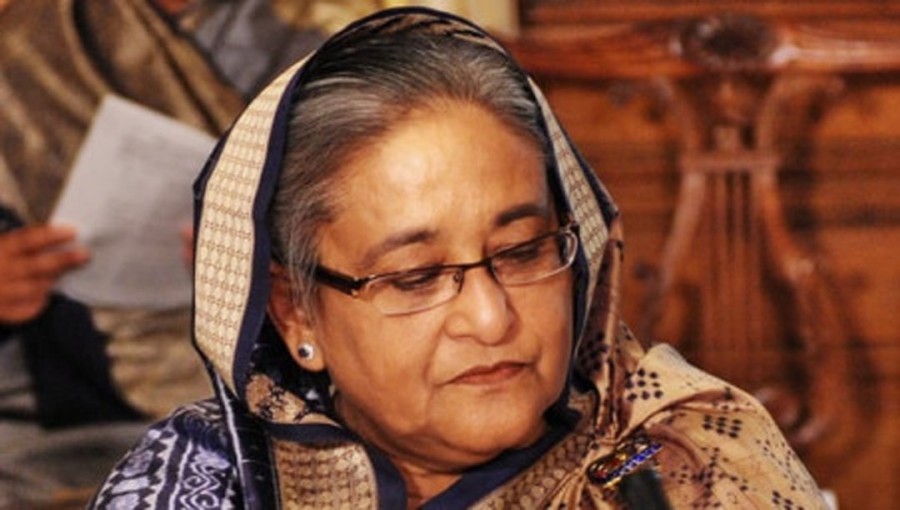
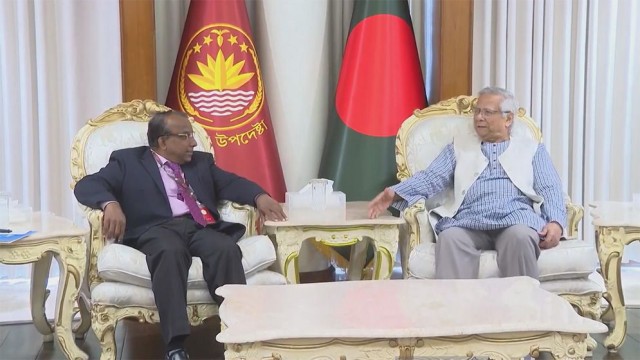
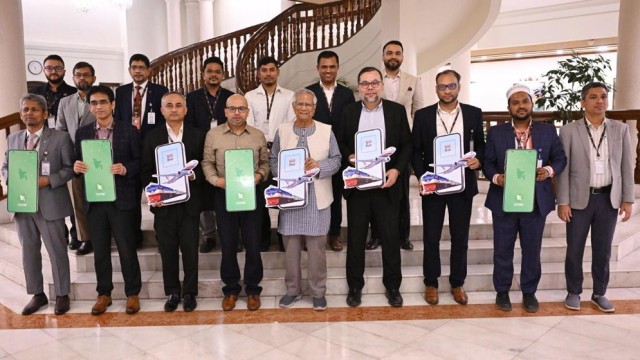
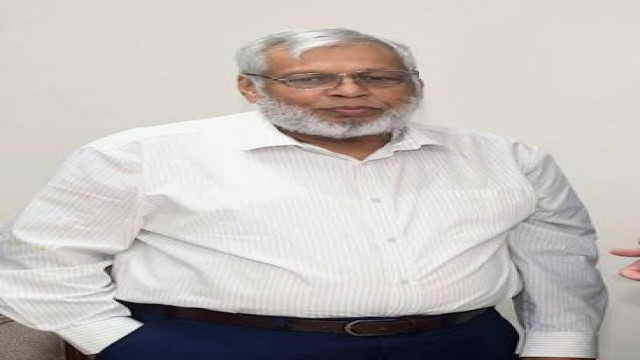
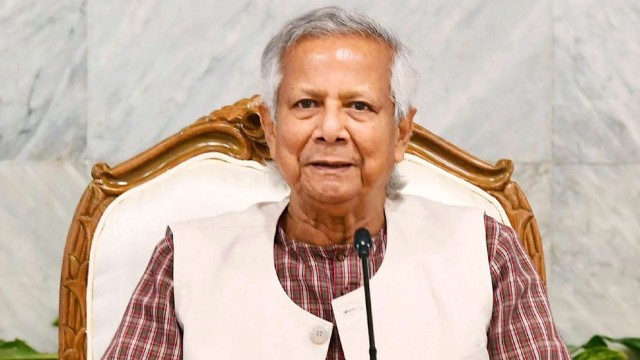
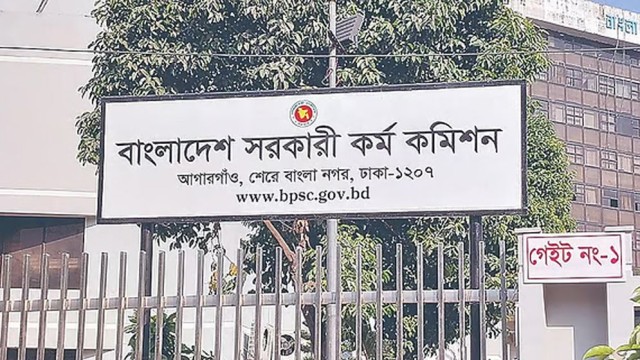
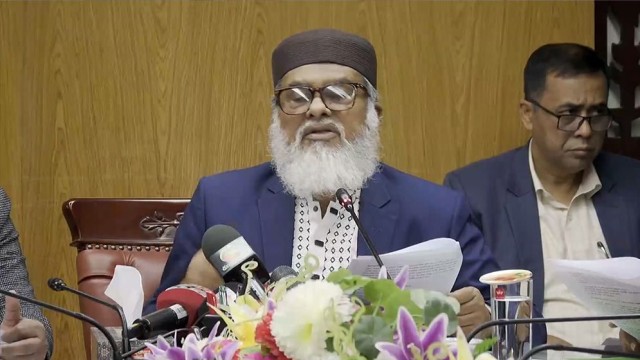
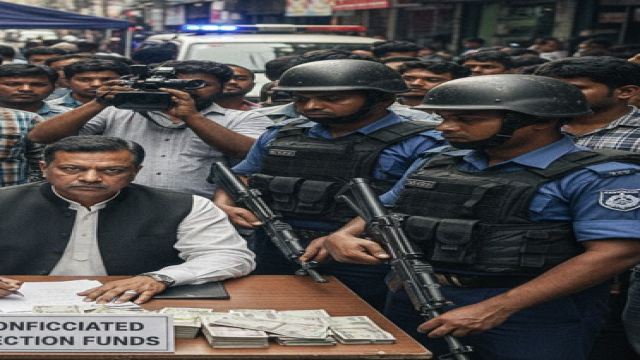
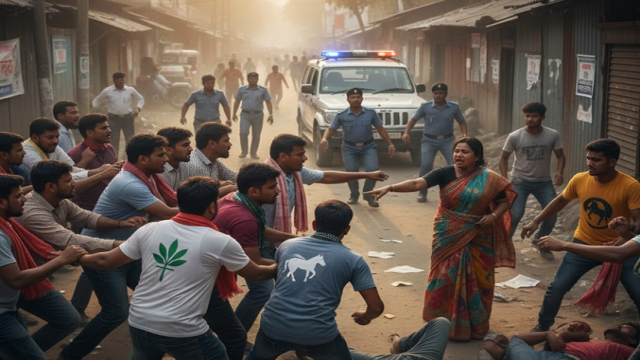
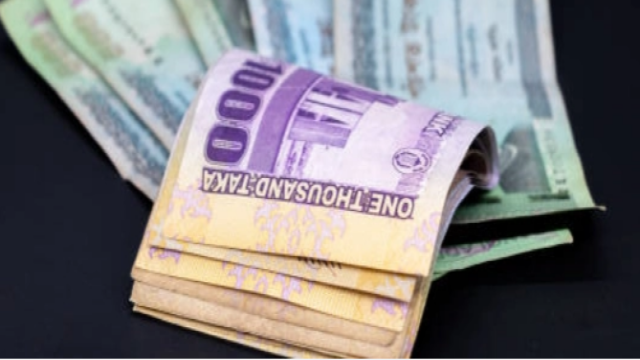
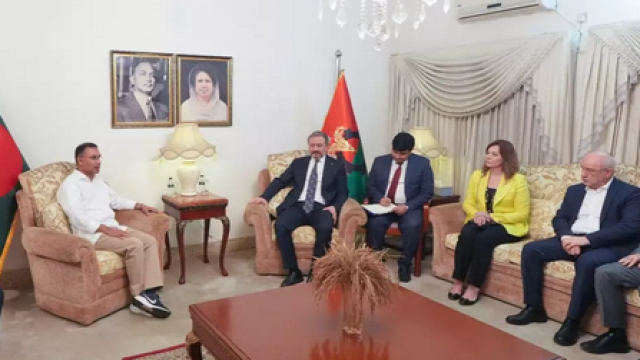
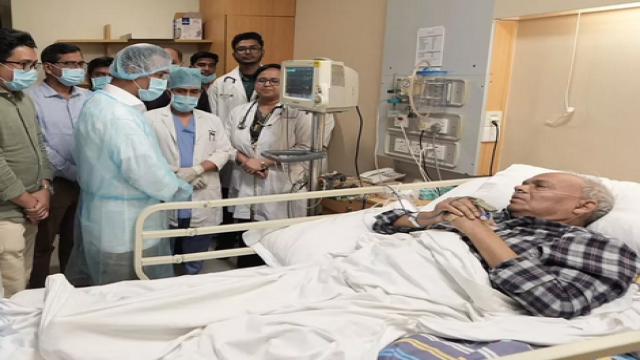
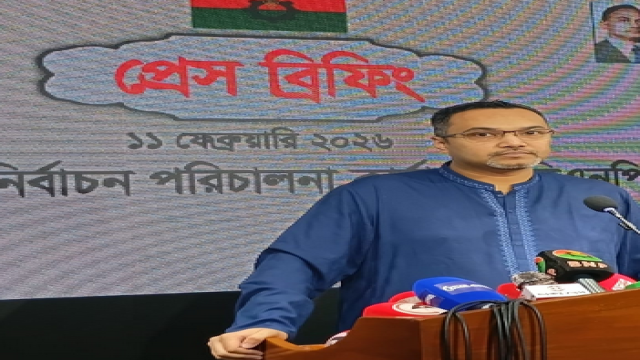
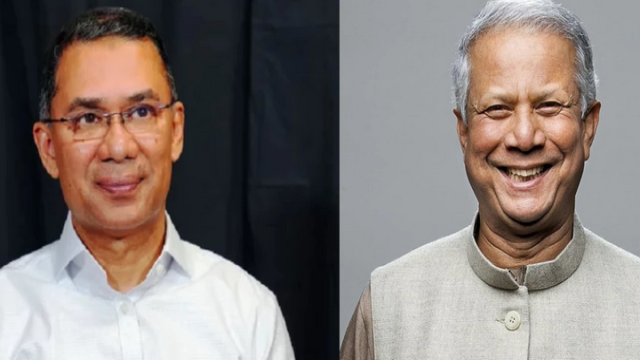
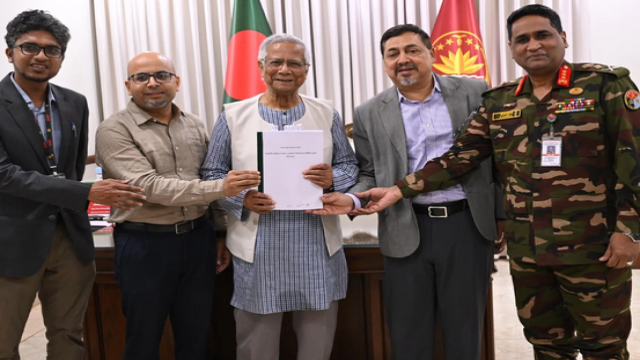
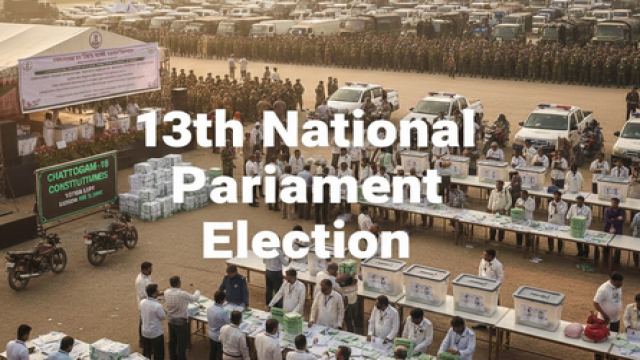
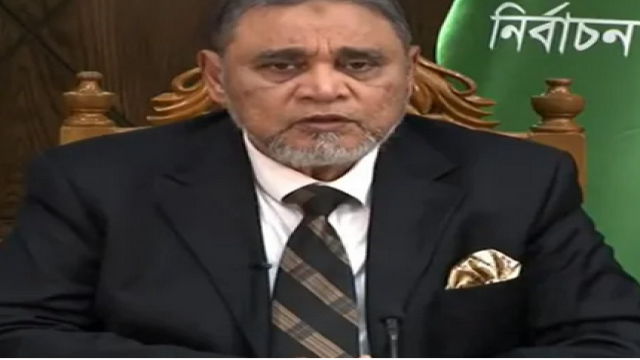











Comment: